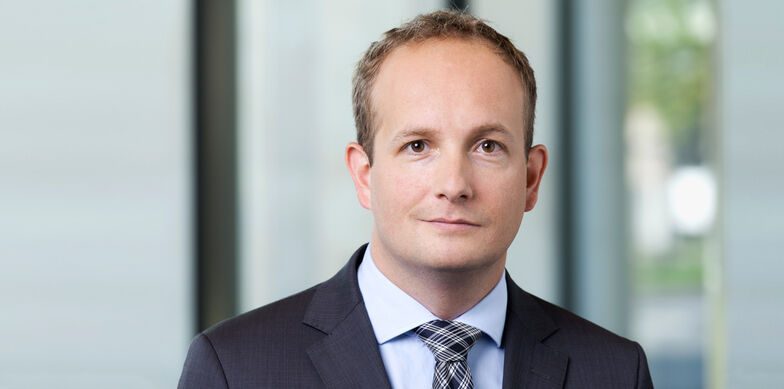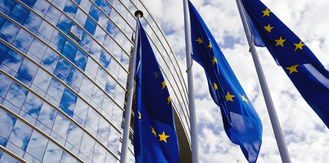At present, the economic development is rather uncertain for companies. The economic outlook has become gloomier worldwide. The trade dispute with the USA is smoldering. The consequences of the Brexit are still uncertain. It is also impossible to predict what consequences the spread of the coronavirus will have on the global economy. There are also systemic developments. Digitization is having a deep impact on the business models of companies. Banks are becoming more cautious and rating agencies expect more insolvencies. How must managing directors behave in the current environment?
 © Jan Hendrik Groß, Lawyer and Partner at Ebner Stolz in Köln
© Jan Hendrik Groß, Lawyer and Partner at Ebner Stolz in KölnThe basic principle is that managing directors must set the right course early on to prevent an acute crisis. Companies always find themselves in difficult waters when they fail to recognize changes in the market or industry or recognize them too late. Corporate leaders must therefore constantly and farsightedly put the business model to the test. This is the duty of care of a prudent businessman. They should identify and respond to trends in the industry, such as in the areas of electromobility, the development towards a platform economy, climate protection and sustainability. If such developments are "overslept", this can endanger the continued existence of the company.
An effective early warning system is particularly important in this regard, so that earnings and liquidity crises can be identified in good time. This includes at least a rolling 13-week plan based on medium-term planning. If liquidity is already scarce and insolvency is imminent, the order of the day is to act quickly - but with caution. Now the management has the duty to reorganize. Under no circumstances should we wait until all liquidity has been used up. The involvement of experts is urgently recommended from this stage at the latest.
Active stakeholder management is important at all times. The importance of timely, open and transparent communication cannot be overestimated. Shareholders, banks, credit insurers, suppliers and customers must be brought on board. If you want to make a difference in an acute crisis, this can only be done on the basis of trust in the people involved. Once trust has been lost, it can hardly be restored.
In order to remain capable of acting in an acute crisis, it is advisable to think about such a scenario beforehand. This includes alternative liquidity protection and active working capital management.
All alternatives for a reorganization should be sounded out, including judicial restructuring forms such as self-administration and protective shield procedures under the German Act to Further Facilitate the Reorganization of Companies (Gesetz zur weiteren Erleichterung der Sanierung von Unternehmen - ESUG), which allow independent restructuring under the supervision of a temporary administrator. Another formal restructuring procedure will be added soon. As soon as the so-called "Restructuring Directive" (Directive (EU) 2019/1023) has been implemented, companies in Germany will have access to pre-insolvency restructuring proceedings. The core of the future restructuring proceedings will be the so-called restructuring plan. This is similar to the insolvency plan, but does not require the opening of insolvency proceedings, but is aimed precisely at avoiding insolvency.
As soon as a company is in trouble, the liability risks for managing directors are high. They must constantly check whether the company is insolvent or overindebted. The examination of over-indebtedness regularly requires them to think about the prognosis for the company's continued existence. In principle, this is only positive if the company is fully financed for the current and the following financial year.
If the company is unable to pay or is overindebted, an application for insolvency must be filed within three weeks. Otherwise, the managing director is threatened with civil and criminal liability.
In the stage of insolvency maturity, the managing director is also personally liable for all payments made by the company - possibly also for assignments, set-offs or the provision of securities. There are only a few exceptional cases (employee contributions to social security, mandatory payments to maintain business operations, etc.). But be careful: If the managing director does not pay the employee's contribution, he is liable to prosecution. However, if he pays the full social security contribution after the insolvency has occurred, he is personally liable for the employee's contribution.
Given the high and far-reaching liability risks, managing directors should consider taking out D&O insurance. However, the insurance conditions should be carefully examined. Not every insurance policy offers sufficient protection in case of a crisis.
Enough of the pessimism: even a crisis can bring opportunities, such as changes that the workforce might otherwise not be prepared to make. At the same time, times of crisis are times of market shakeout. And perhaps it will affect the competitor. It pays to keep an eye out for takeover candidates.




